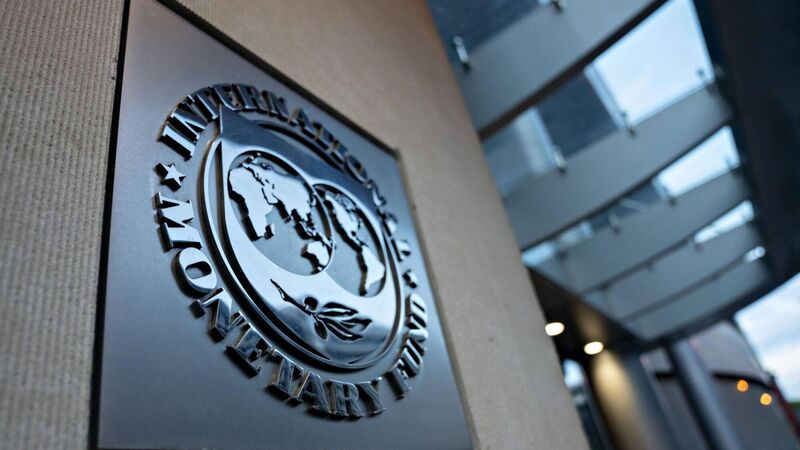IMF cuts outlook for eurozone as global economy 'limps along'

The International Monetary Fund (IMF) headquarters in Washington DC.
The International Monetary Fund has cut its growth forecasts for China and the eurozone and said overall global growth remained low and uneven despite what it called the "remarkable strength" of the US economy.
The IMF left its forecast for global real GDP growth in 2023 unchanged at 3% in its latest World Economic Outlook, but trimmed the 2024 forecast to 2.9%. World output grew 3.5% in 2022.














